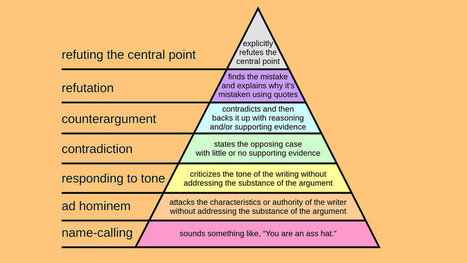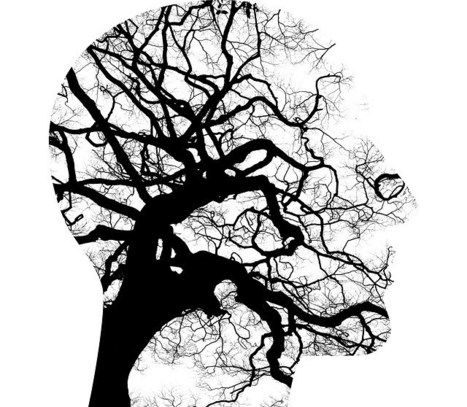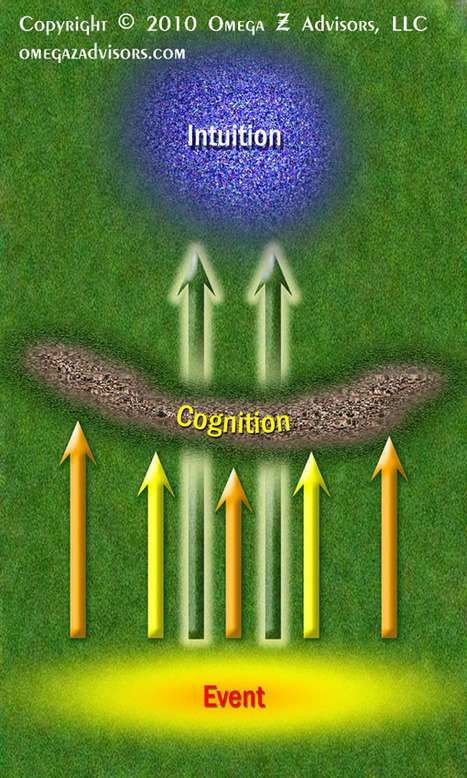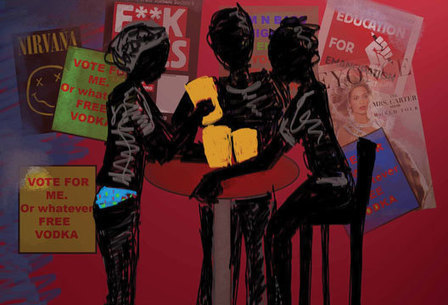Monstrous amounts of data
Research and publish the best content.
Get Started for FREE
Sign up with Facebook Sign up with X
I don't have a Facebook or a X account
Already have an account: Login
View related curated articles on Flipboard / Research & Resource Skills at http://flip.it/mWcVKd
Curated by
Dennis Swender
 Your new post is loading... Your new post is loading...
 Your new post is loading... Your new post is loading...
FlashWebsiteHeader's curator insight,
February 26, 2018 4:23 AM
This guarantees a snappier stacking time. Some portion of the motion picture will stack immediately, and the watcher will have the capacity to see it. As the individual perspectives the motion picture, the rest of the part will stick out of sight. Along these lines, for the watcher, there is definitely no stacking time.flash website header design |
|



















